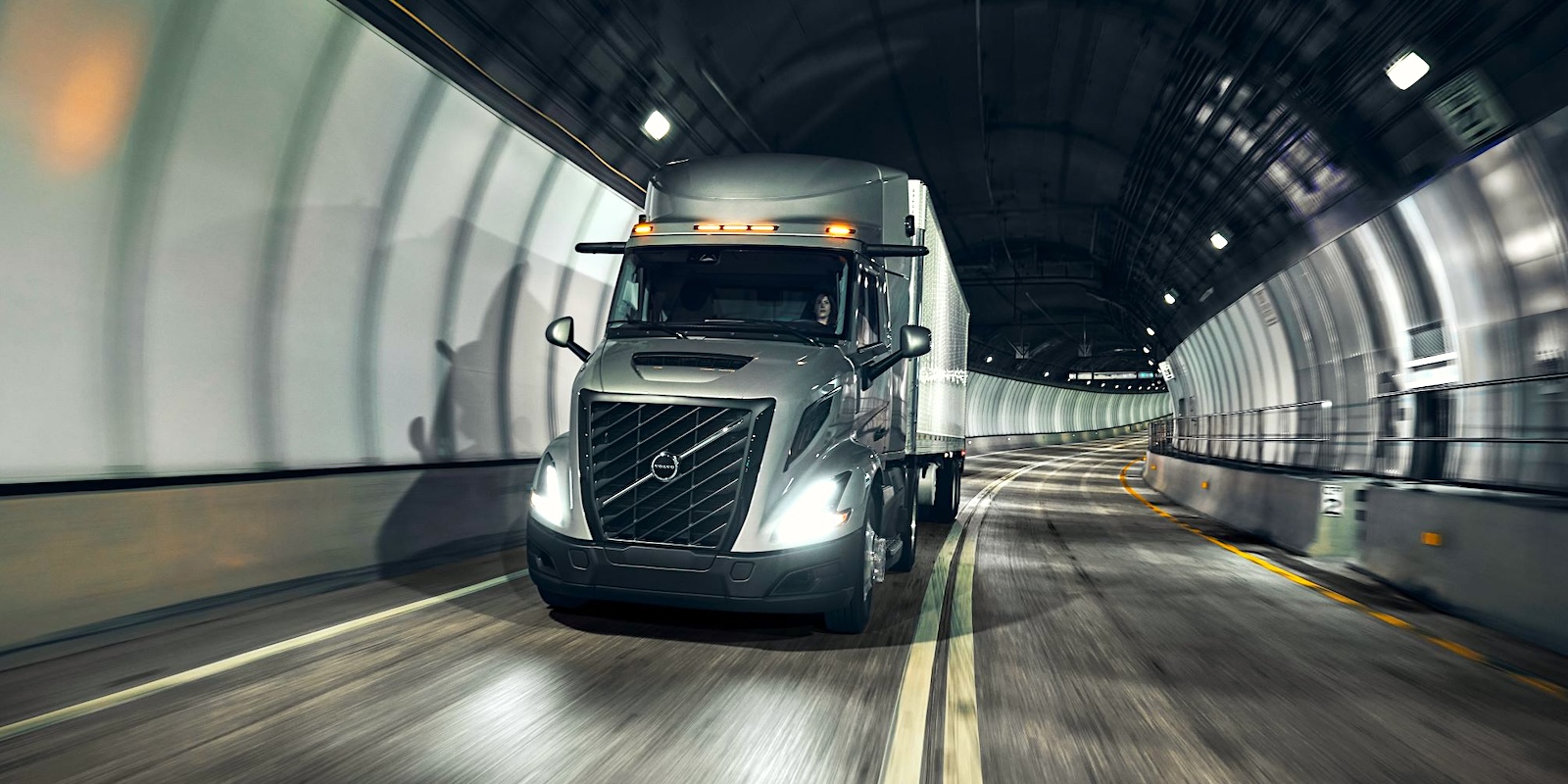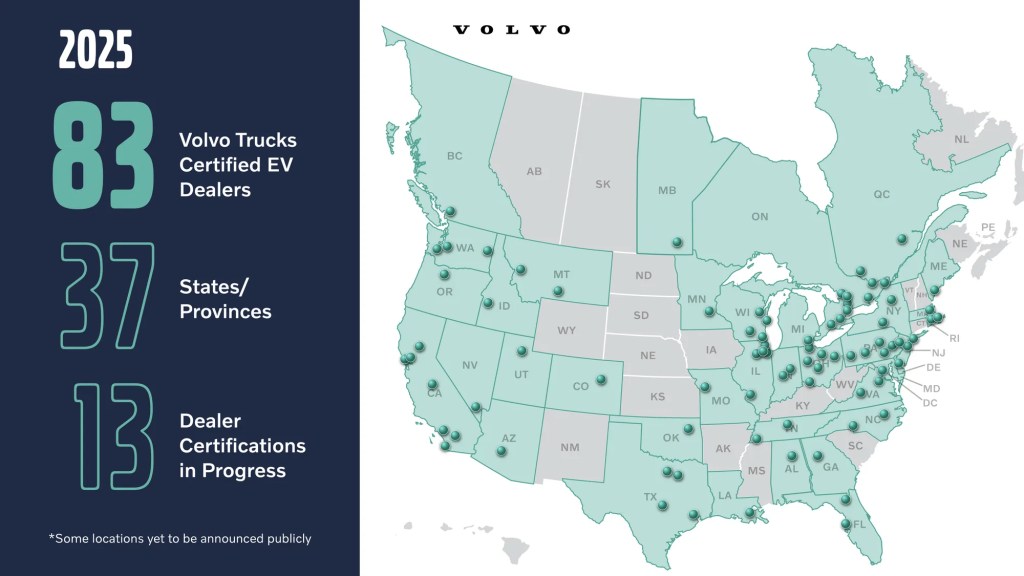
What This Means for the Growth of Commercial EV Charging Infrastructure
Volvo Trucks has announced major progress in its electric HGV (heavy goods vehicle) rollout, supported by a rapidly expanding network of certified EV dealers. This development is helping the company strengthen its leadership in the global heavy-duty electric truck segment — and it highlights the growing demand for reliable charging infrastructure to support commercial fleets.
Since launching its first certified EV dealer in 2021, Volvo has scaled its network from a single location to over 80 certified EV dealerships, with more currently undergoing the certification process. This expansion is enabling the deployment of electric trucks across a wider range of regions and fleet operators.
Globally, more than 700 Volvo electric HGVs are now operating on public roads, contributing over 20 million zero-emission miles and significantly reducing CO₂ emissions compared to diesel-powered fleets.
Why This Matters for the EV Charging Sector
As manufacturers like Volvo expand their electric truck networks, charging infrastructure becomes the key enabler of fleet electrification.
1. Growing demand for heavy-duty DC charging
Electric trucks require high-power charging solutions — far beyond the capacity of standard AC chargers.
This growth reinforces the need for:
-
DC fast chargers (60–350 kW)
-
Depot charging hubs
-
Scalable infrastructure for large fleets
2. Fleet operators need reliable charging partners
With more fleets transitioning to electric HGVs, businesses are actively seeking:
-
Trusted installation providers
-
Smart load-managed charging systems
-
Future-proof hardware suitable for commercial use
3. The shift toward zero-emission logistics is accelerating
Fleet electrification isn’t limited to North America — similar growth is occurring across the UK and Europe. Manufacturers, logistics providers, and cities are increasingly pushing for cleaner, quieter, and more cost-efficient transport solutions.

🇬🇧 Relevance for UK Businesses and Fleet Operators
The UK is accelerating its transition to zero-emission HGVs, supported by:
-
Government grants for commercial EV infrastructure
-
Low-emission zones encouraging cleaner transport
-
Increasing availability of electric trucks from major manufacturers
As more electric HGVs enter the market, businesses will need dependable charging systems capable of supporting daily operations.
This includes:
-
Depot-based overnight charging
-
High-power DC fast charging for route flexibility
-
Smart charging solutions to manage energy costs

How Injet Supports the Future of Commercial EV Charging
At Injet, we provide robust and scalable charging solutions designed for commercial fleets:
🔹 Injet Ampax (60–320 kW DC Fast Chargers)
Ideal for electric trucks, vans, and high-demand operations.
🔹 Injet Hub (20–40 kW Compact DC Chargers)
Perfect for mixed fleets and smaller depots.
🔹 End-to-end support
Including installation, load balancing, backend management, and servicing.
As heavy-duty electric vehicles become more widespread, having a reliable charging infrastructure is essential for operational efficiency, cost savings, and sustainability goals.
Conclusion
Volvo’s expanding electric truck dealer network reflects a clear global trend:
the rapid growth of commercial EV adoption and the need for strong charging infrastructure to support it.
For UK businesses preparing to electrify their fleets, now is the time to invest in future-ready charging solutions that can scale with demand.
